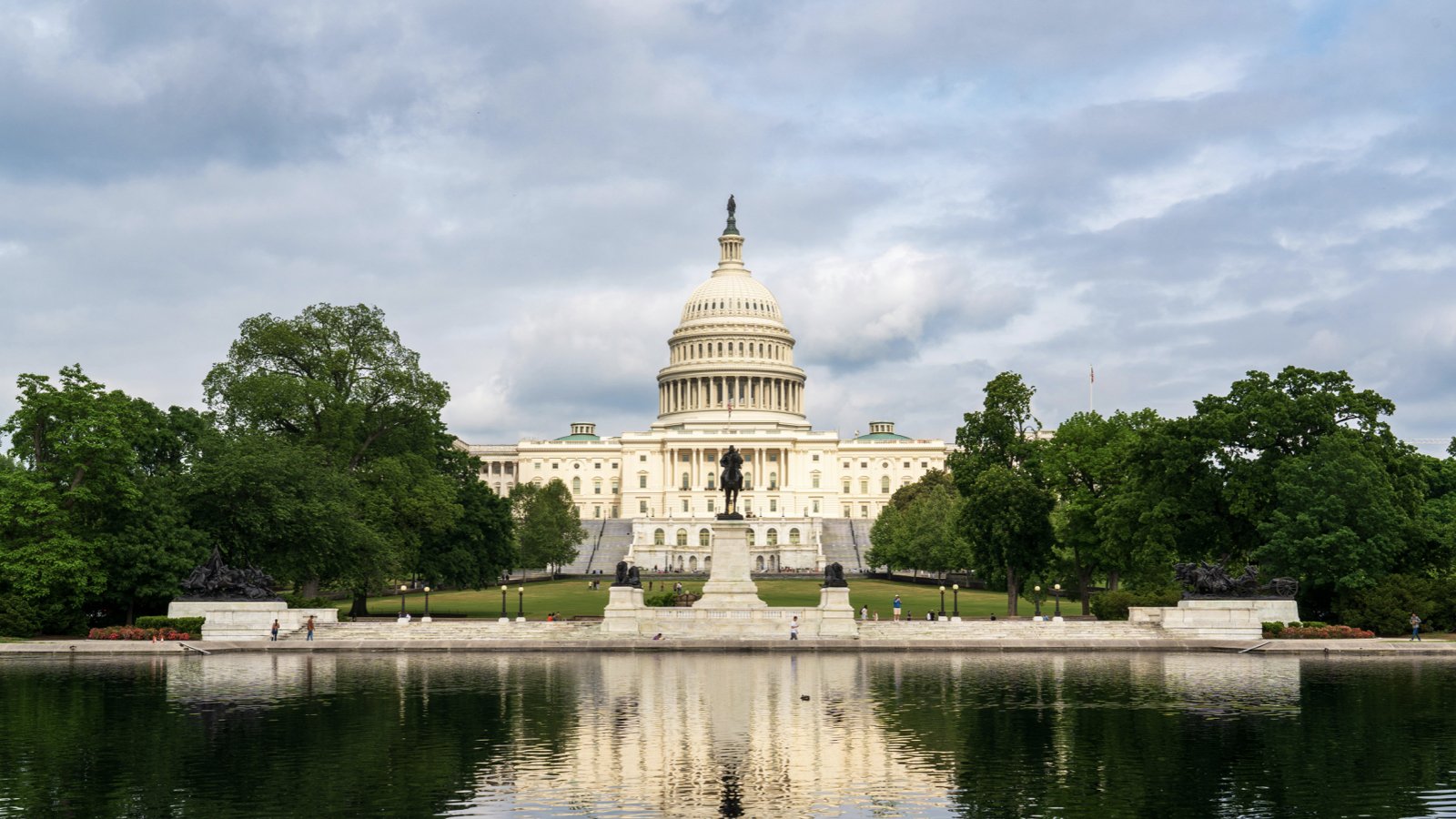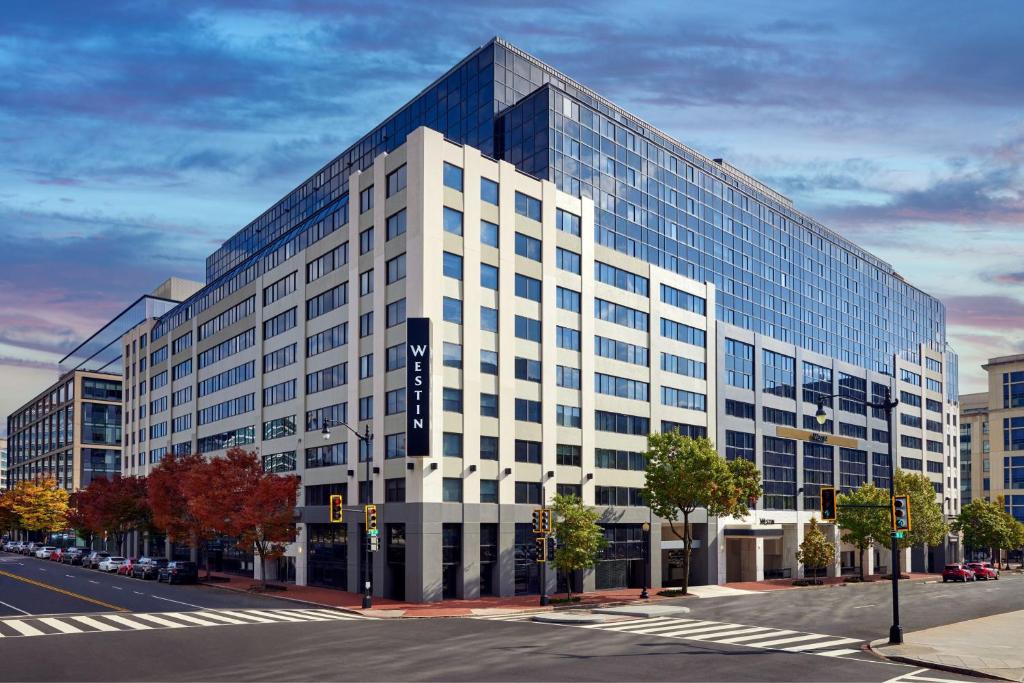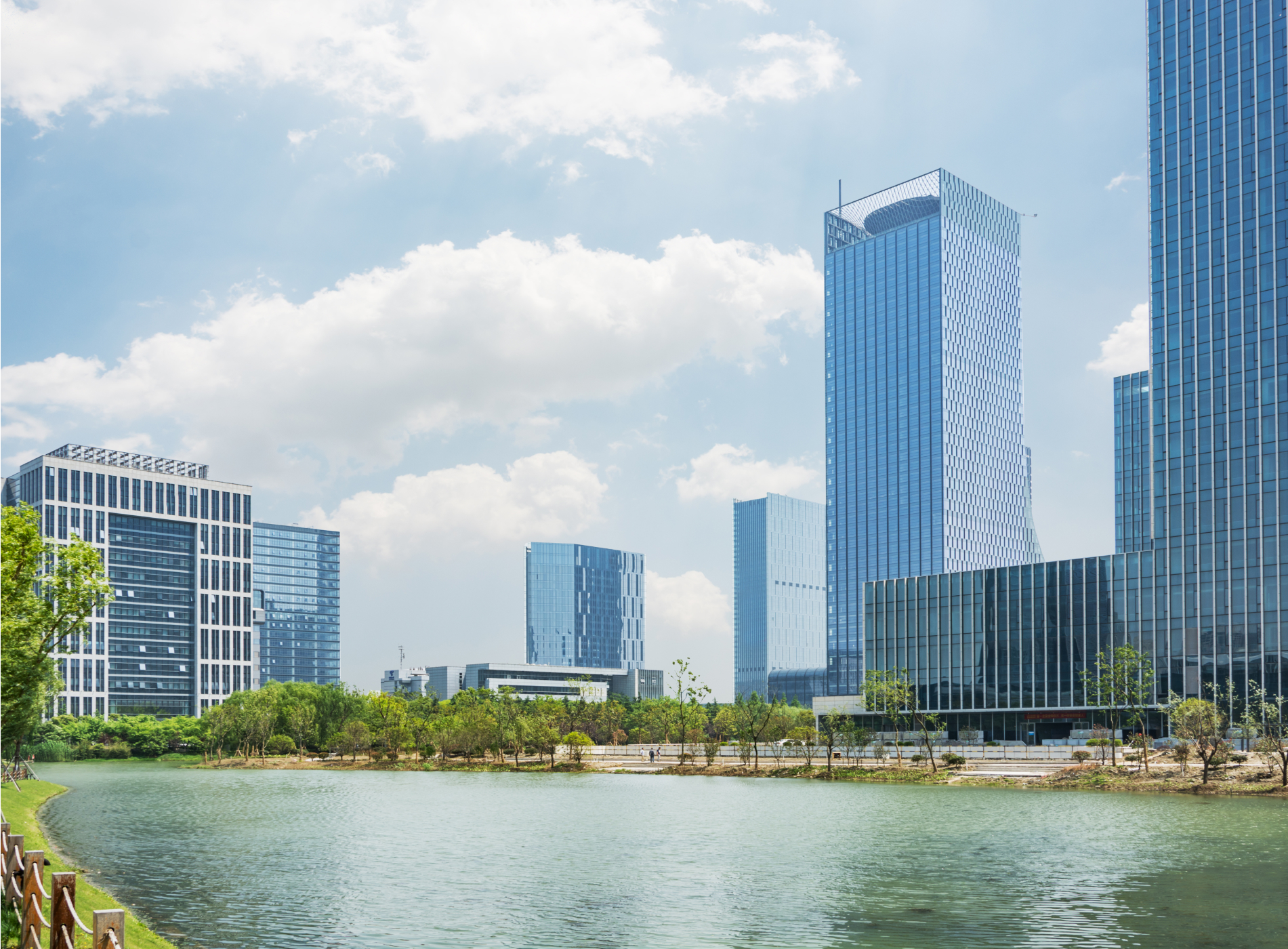The Importance of Maintenance in Large-Scale Facilities

Maintaining your central plant and its HVAC systems is crucial in commercial environments, such as college campuses, manufacturing facilities, and hospitals, and data centers. These systems regulate indoor climate, provide healthy air quality, optimize energy efficiency, and ensure the overall well-being of building occupants. This below covers why this maintenance matters, the tasks involved, and the potential consequences of failing to maintain your system.
Why Central Plant Maintenance Matters
1. Energy Efficiency and Cost Savings
A well-maintained system operates more efficiently, reducing energy consumption and lowering operational costs. In commercial settings, energy can make up a significant portion of your operational costs. By keeping the system in ideal condition, organizations ensure it doesn’t work harder than necessary, resulting in both energy and cost savings.
2. Occupant Comfort and Productivity
Consistent climate control is essential for maintaining ideal indoor conditions in spaces like dormitories and office environments. Whether it’s a classroom or a workspace, inadequate heating or cooling can lead to discomfort, affecting concentration and productivity. In healthcare settings, maintaining proper temperature and air quality is crucial for patient well-being and recovery.
3. Health and Safety
Indoor air quality (IAQ) is directly affected by HVAC systems. Without proper maintenance, they can spread mold, bacteria, and allergens, leading to health issues such as respiratory problems or allergic reactions. In hospitals, clean and controlled air is vital to preventing the spread of infections. This is also true of manufacturing environments, where proper ventilation may be required to eliminate hazardous substances in the air such as chemicals or dust.
4. Compliance with Regulations and Standards
Commercial properties, particularly in industries like healthcare and manufacturing, must adhere to strict regulations related to air quality, safety, and energy efficiency. HVAC systems must meet standards set by the American Society of Heating, Refrigerating, and Air-Conditioning Engineers (ASHRAE) and other regulatory bodies. Regular maintenance ensures compliance, avoiding legal penalties or operational interruptions.
5. Extending Equipment Lifespan
Like any piece of equipment, commercial chillers and HVAC units experience wear and tear over time. Routine maintenance minimizes deterioration, extends the lifespan of components, and delays the need for costly replacements. This is especially important for facilities with multiple buildings, such as college campuses or industrial complexes, where system replacements can be both disruptive and expensive.
What Central Plant Maintenance Entails
Maintaining your system involves several key tasks that ensure the system functions efficiently and reliably.
1. Regular Inspections
Technicians check components like filters, belts, motors, and refrigerant levels to ensure optimal performance.
2. Filter Changes
Filters need regular replacement to maintain airflow and prevent the system from working harder, which increases energy use.
3. Cleaning Coils and Condensers
Dirt and debris accumulate on coils, reducing efficiency. Routine cleaning keeps the system operating optimally.
4. Lubricating Moving Parts
Lubricating components like motors and bearings reduces friction and wear, extending their lifespan.
5. Testing and Calibration
Thermostats and control systems should be calibrated to ensure accurate temperature control and system efficiency.
6. Refrigerant Level Checks
Regular refrigerant level monitoring is essential for cooling performance and detecting potential leaks.
7. Ventilation Check
Air ducts should be cleaned periodically and checked for blockages to ensure proper airflow throughout the facility.
Consequences of Failing to Maintain Your System
Increased Energy Costs: Neglected HVAC systems and your central plant in general lose efficiency, consuming more energy to achieve the same output. This can significantly increase operational costs in large commercial settings, where energy usage is already substantial.
Poor Air Quality and Health Issues: Dust, mold, and bacteria can build up in HVAC systems that aren’t regularly maintained. This reduces indoor air quality and can lead to illness or the spread of infections, especially in healthcare and educational environments.
System Breakdowns and Downtime: Without regular checks, your plant is more prone to unexpected failures. In commercial settings, this could lead to uncomfortable environments or operational disruptions. For example, extreme temperatures may damage sensitive equipment in laboratories or manufacturing plants.
Reduced Lifespan of the HVAC System: Failing to maintain your plant shortens the lifespan of your equipment and overall system. Components wear out faster, leading to more frequent and costly repairs or replacements.
Legal and Regulatory Issues: In certain industries, such as healthcare and food manufacturing, failing to maintain HVAC systems in line with regulatory standards can result in fines, legal action, or forced shutdowns.
Decreased Property Value: For commercial properties, poorly maintained central plants can lower property valuations, as buyers or tenants may face high repair or upgrade costs to replace outdated or inefficient systems.
Leveraging Modern Technology for HVAC Maintenance
1. Predictive Maintenance with IoT
Modern systems can integrate with Internet of Things (IoT) devices and Ai-powered software like OptiCx for real-time monitoring of system performance. This allows for predictive maintenance, where potential issues are detected and resolved before they become major problems, improving efficiency and reducing emergency repairs.
2. Sustainability and Green Building Certifications
Energy-efficient HVAC systems contribute to green building certifications like LEED. Organizations prioritizing sustainability and decarbonization can use proper HVAC maintenance to meet their ESG goals.
3. Budget Planning and Forecasting
Scheduled maintenance allows organizations to forecast budgets more effectively, preventing unexpected expenses due to breakdowns or system failures. This ensures resources are allocated for timely repairs and replacements.
Conclusion
Central plant maintenance is essential in large-scale facilities to maintain energy efficiency, occupant comfort, and safety. Regular inspections, cleaning, and calibration help extend the life of HVAC systems, prevent costly breakdowns, and ensure compliance with industry regulations. By investing in routine maintenance and leveraging modern technology, businesses can ensure that their systems function optimally, reducing both costs and potential risks.
Maintenance isn’t just a routine task—it’s a strategic investment in the long-term efficiency and safety of their operations.



